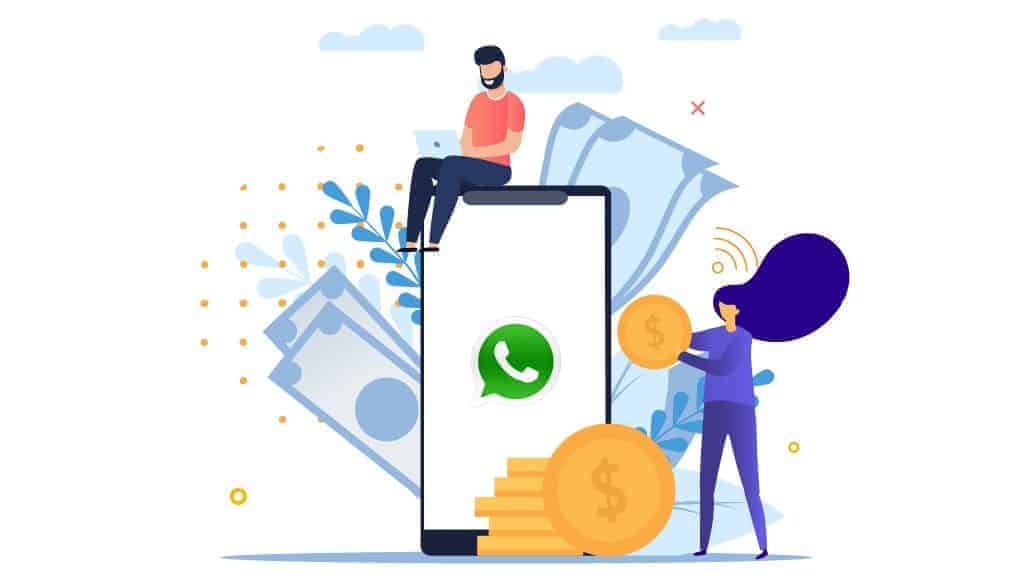

There are also plans that companies can use the status feature (shared for 24 hours) to promote their business. WhatsApp’s Future Revenue Streams Strategiesīut Mark Zuckerberg and company, of course, are not interested in stopping there and are still looking for ways to capitalize on their billions of users. In this case, the brand charges a commission for each transaction carried out, in the same way that banks do. It is a feature that allows the transfer of values inside the app. This service, recently launched, introduces a P2P payment option within the app. That is, the user will be using WhatsApp to communicate with companies and organizations that they want to hear from and not the other way around. Or even about a promotion that the company wants to launch later… It is worth remembering that this business model doesn’t violate the initial rule against ads, because companies cannot contact customers first, just respond to original contacts. And the fees vary from country to country.Īnd if you are thinking that this business model is doomed to fail because it is enough for companies to respond within the initial 24 hours, think of the volume of customers that airlines and banks need to respond to every day. However, all messages sent after this period will be charged. What does that mean? The messages sent to customers within the first 24 hours of communication are free of charge.
However, WhatsApp charges for slow responses. The functionality here begins by creating business profiles that will become “verified” companies in the app. Yes, when we talked about the business value propositions, an explanation of where WhatsApp’s revenue would come from has already begun to be drawn. How WhatsApp makes money WhatsApp’s Business

Let people communicate anywhere in the world without barriers. In October 2021, Mark Zuckerberg’s company was relabeled to Meta Incorporated, which makes Meta the current owner of WhatsApp, with Will Cathcart holding its CEO position since 2019. While Acton left in September 2017, Koum left a few months later, in April 2018. The messaging app’s founders, Brian Acton and Jan Koum, were both incorporated into Facebook’s board. acquired WhatsApp for the amount of $19 billion. Who Own WhatsAppĪs mentioned, in February 2014, Facebook Inc. So, let’s take a look at the WhatsApp business model canvas. But we know that no business can be sustained solely by the admiration of users. Plus, in January 2016, the subscription model came to an end, leaving WhatsApp with no apparent revenue stream.


 0 kommentar(er)
0 kommentar(er)
